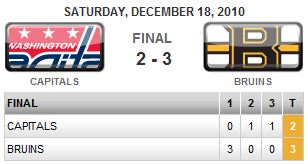When I first pitched a piece on Mike Matheson, Florida’s first round pick (23rd Overall) in the 2012 draft, my intention was to try to manage expectations. Unlike other recent first rounders in Huberdeau, Barkov, and Ekblad, Matheson has always been much less of a sure thing. That first draft of this piece opened with:
Mike Matheson is not Aaron Ekblad. You know that, or you should, but say it again to yourself a couple more times. Mike Matheson is not Aaron Ekblad. Mike Matheson is not Aaron Ekblad. He is not Seth Jones or Olli Määttä or Jacob Trouba or Jonas Brodin.
And that’s okay.
Then the rookie tournament happened.
Kris came back from the game against Washington gushing about Matheson, the kind that makes a girl say, “Come on, man, how am I supposed to lower expectations here?” and then I went and watched the game against Nashville. There were a lot of quality prospects on the ice, and I tried to watch most of them, but it was hard to take my eyes off of Matheson. As Kris said in our staff chat, “I’ve never seen any of our defensemen look that good at any camp.” The game against Nashville was generally terrible for the Panthers but Matheson was magnificent.
We are now a Mike Matheson appreciation twitter/blog.
— The Sunshine Skate (@SunshineSkateFL) September 13, 2015
//platform.twitter.com/widgets.js
Managing Expectations
Still, I don’t want to get your hopes up too high. The way Ekblad took off in his first regular season NHL game compared to his preseason and camp performances was completely unexpected. It would be a mistake to think that Mike Matheson can make a jump that big that fast — he is not Aaron Ekblad. “Well, then, who is he?” Let’s find out:
[getty src=”458796200″ width=”594″ height=”420″]